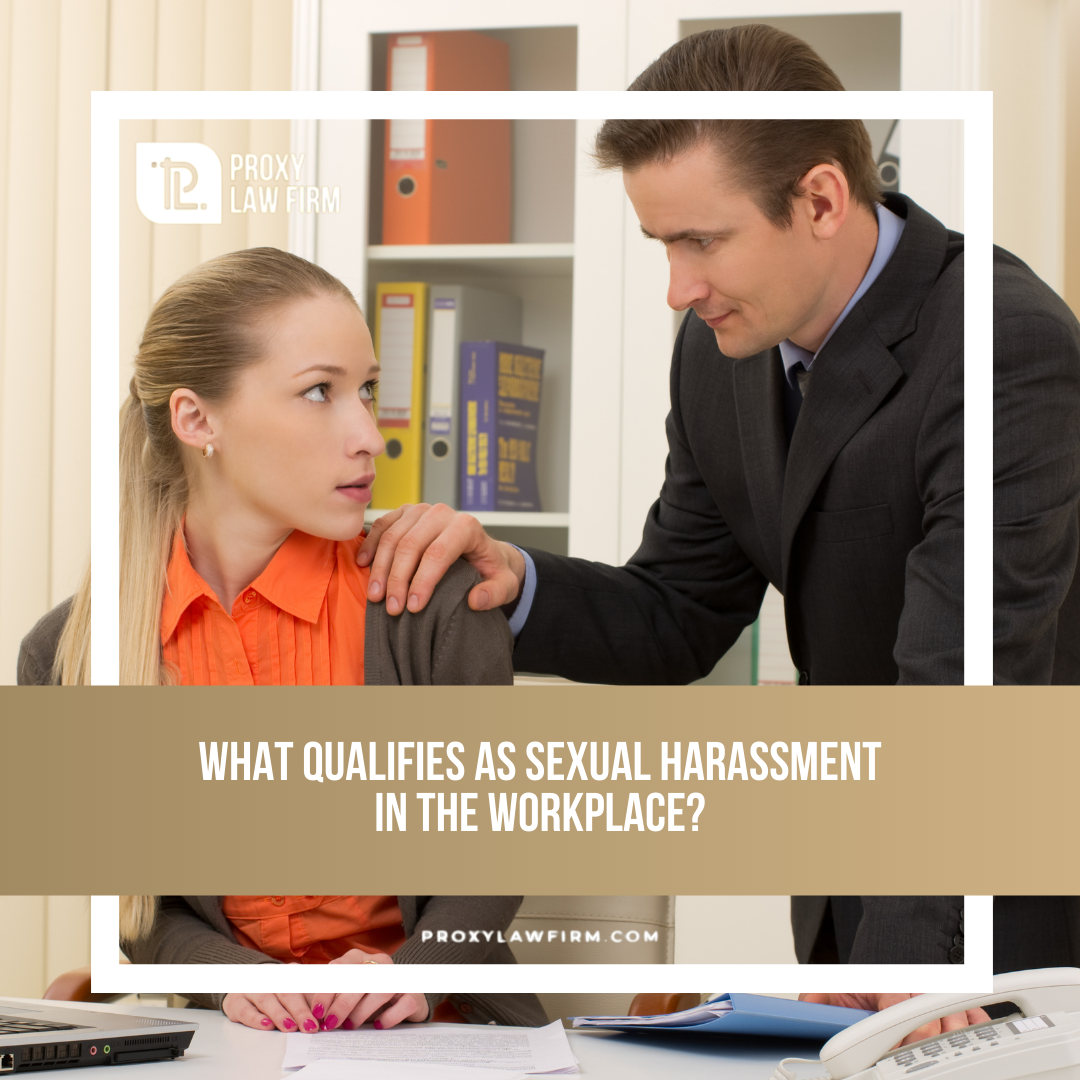When picturing sexual harassment in the workplace, a common image that comes to our minds is that of an employee making repeated unwanted sexual advances to a coworker. While much of the sexual harassment in the workplace consists of these situations, they are not the only type.
Conducts that qualify as sexual harassment
Sexual harassment is any behavior that involves unwelcome actions of a sexual nature with explicit or implicit overtones. If it’s considered offensive, humiliating, or intimidating by the victim and any reasonable person, especially if it affects the victim’s employment, interferes with the victim’s ability to work, or creates a hostile work environment, it’s considered sexual harassment.
It’s also essential to establish that gender is not a relevant factor. Sexual harassment can happen between two people of the same or different sex, with or without any motivation or sexual attraction.
There’s a legally recognized form of sexual harassment, known as “quid pro quo.” This is a situation of sexual harassment in which the victim accepts sexual advances because it results in an employment benefit or allows the victim to avoid an adverse employment action.
Another legally recognized form of sexual harassment is when the work environment becomes hostile due to unwanted sexual actions or behaviors. Legislators and courts understand that workers will interact with each other in ways that may involve sexual attraction. To explain this better, let’s look at a situation in which an employee tells a sexist joke or asks a coworker out. The recipient of this joke or request can have different reactions. The reaction can be:
- Consensual and requested
- Not asked for, but appreciated
- Offensive, but tolerated
- Completely rejected
Not all of these examples will constitute sexual harassment, and it can be difficult to classify a particular behavior. Another variable to consider is how often the behavior occurs.
Sexual harassment doesn’t need to be motivated by sexual desire or attraction.
For questions about sexual harassment under California’s Fair Employment and Housing Act, or to discuss your case confidentially with one of our experienced attorneys, do not hesitate to contact us.





